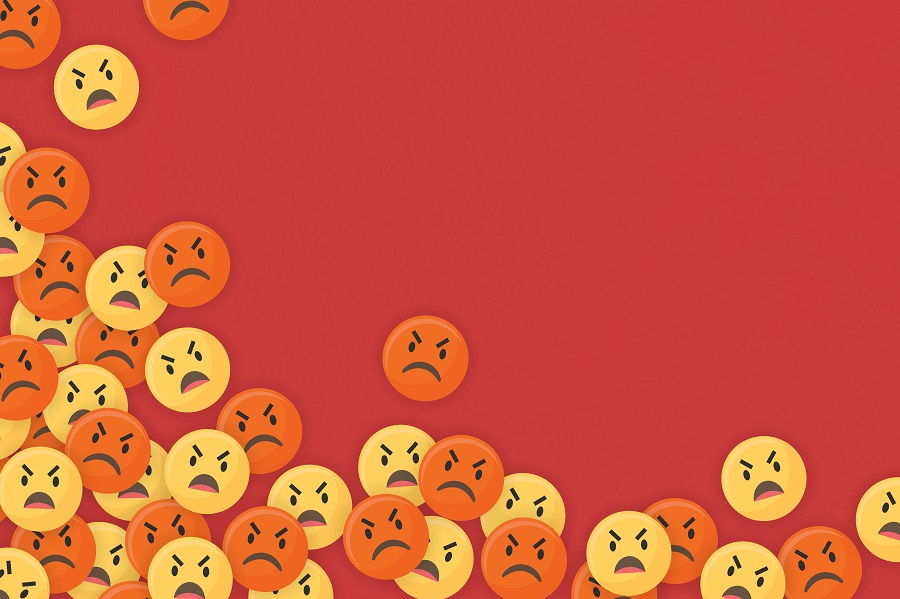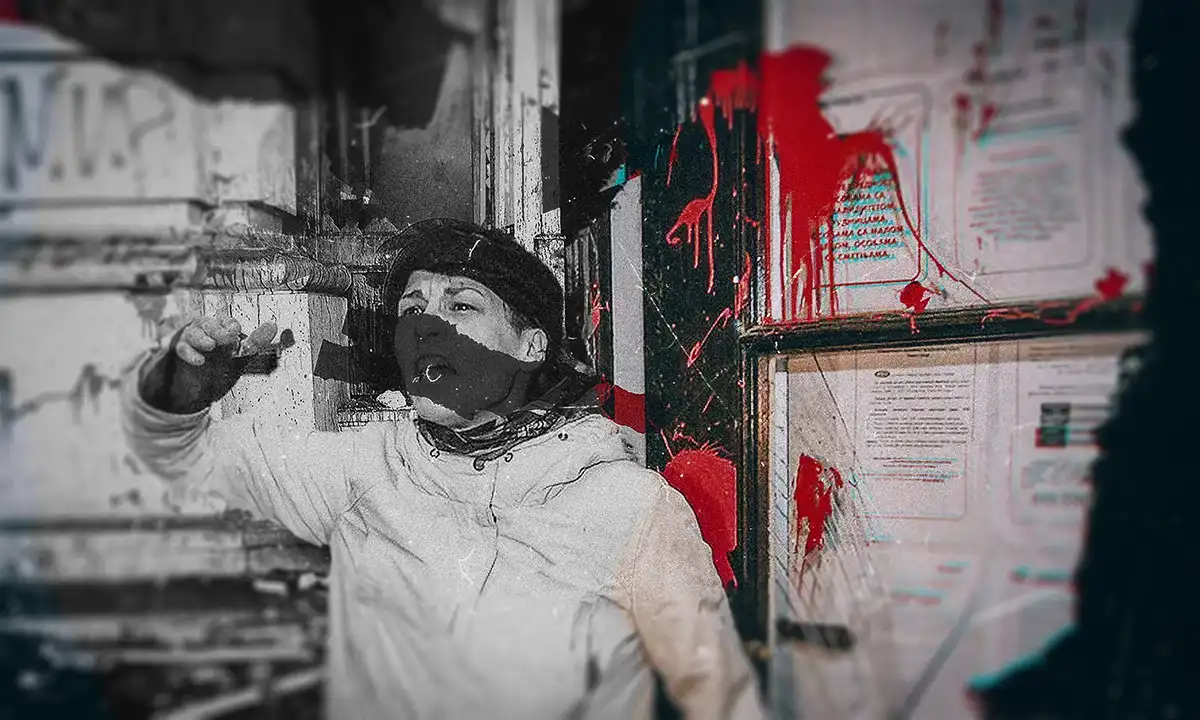It feels like everyone is angry. Or, to avoid exaggeration, let’s say most people (around the globe) are experiencing anger.
Anger is easy to dismiss as a “bad,” “negative,” or “useless” emotion. But anger is actually a messenger, signaling us to act so we can protect ourselves from further harm. Anger essentially says, “Please look at me. I am here, and I am suffering. Can you please stop?” It’s trying to shield us, yet because so many of us have a difficult relationship with it, we often mishandle anger, which can end up harming ourselves-and those around us.
So, what is your relationship with anger? How did your parents express it? What did you learn about it? Were you allowed to be angry as a child? Have you ever acted out of alignment because of anger?
There’s a famous saying: “Anger is like drinking poison and expecting the other person to die.” When unacknowledged, misunderstood, or misdirected, anger can indeed feel like poison, consuming the one who harbors it. However, anger has a dual nature: it can be constructive or destructive, depending on how we respond.
Research shows that those who channel their anger into civic engagement, constructive problem-solving, or selfreflection often experience less burnout and more agency. On the other hand, those who internalize anger or fail to act on it healthily may find themselves increasingly consumed by frustration.
Poštovani, da biste pročitali 3 besplatna teksta potrebno je da se registrujete, a da biste nastavili sa čitanjem naših premium sadržaja, neophodno je da odaberete jedan od planova pretplate.

Već imate nalog? Ulogujte se




















